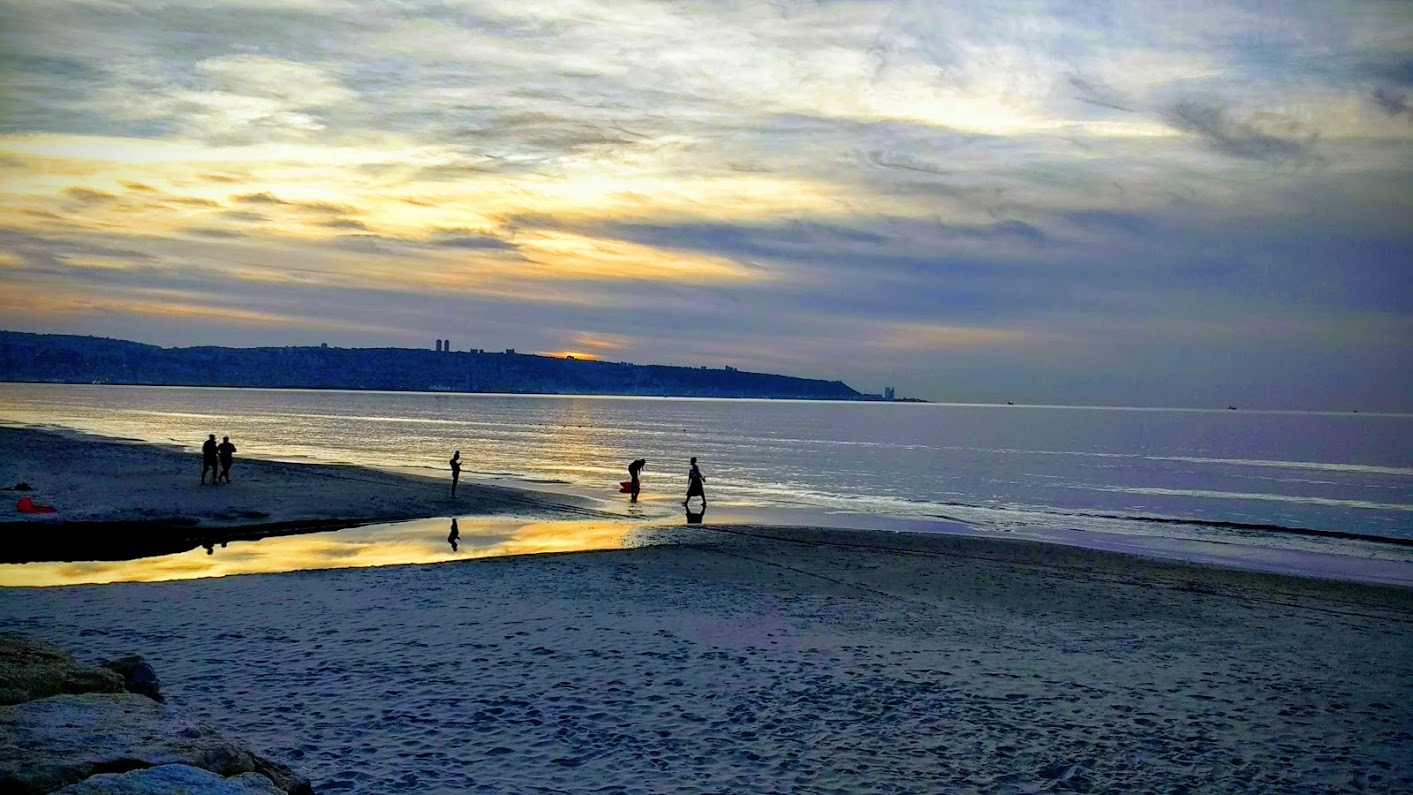
Good evening and Erev Tov 🙂
Evening at the shore, after hosting the eastern wind called Sharkia. Shark in Arabic refers to the east. And Sharkiya is the wind that comes from the east. The east wind is whistling.
In Hebrew, the verb “Sharak” ש.ר.ק refers to whistle. Among sailors, there is a common belief of not to whistle at the ocean, can you figure why, and how does this belief connect to the east wind?
….
An answer by Andrea Frosini from Facebook
Good evening, maybe…
When do I whistle? When I’m alone: whistling could be: “where there is loneliness” = “ש(ם)רק.” (perhaps!) Whistling may also be “throw our wind away,” the divine wind… The divine “ruaH” = “רוח” (whatever it means “divine”) Whistling (perhaps!) meant “attracting the demons of the sea,” calling them back _because_ the voice of the wind “is the” whistle, and for a sailor, it is a serious and great challenge to speak to the wind with “his own” language.
A nice thing comes out speculating “technically” on the Hebrew language: Hebrew reads from right to left, from east to west, so what happens if we “go back” to “שרק” – that is “facing שרק”? That we <meet> the word “קרש” (strong#7175) – “bench, the board — From an unused root meaning to split off; a slab or plank; by implication, a deck of a ship — bench, board.”
“to split off” made me think that… going against the wind can mean
…
To continue the conversation on Facebook click here
